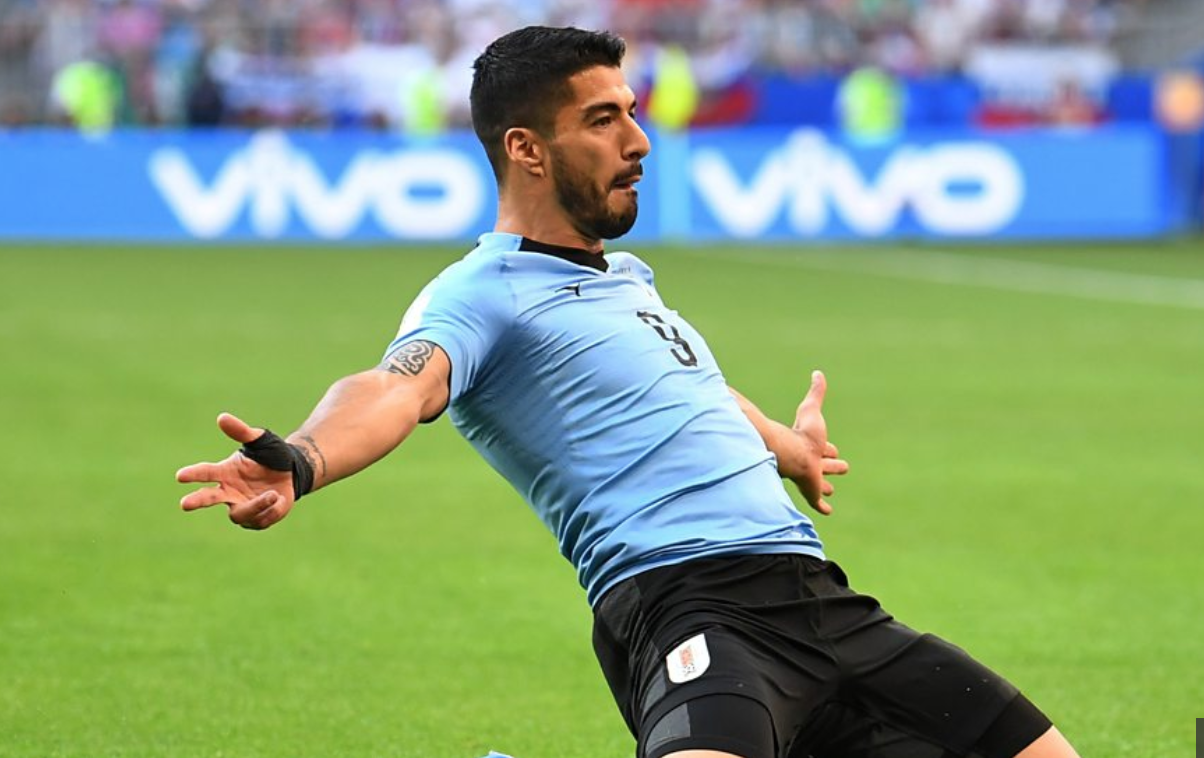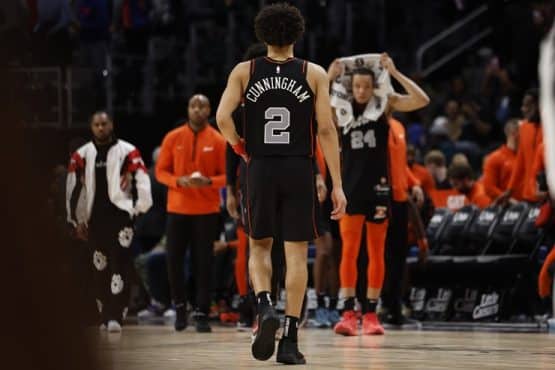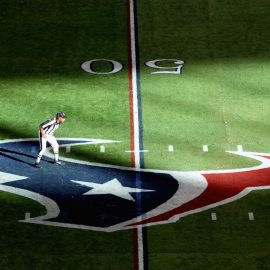The group stage of the 2018 World Cup is nearly in the books, and the majority of the teams that were predicted to advance to the Round of 16 will be doing exactly that. On the other side of the fence, many of the bottom feeders will be returning to their host countries after failing to advance.
With that said, a number of surprises stood out during the group stage. Here are five of them.
Iceland fail to replicate magic run at 2016 Euro
After shocking the soccer world in 2016 by advancing to the quarterfinal round of the Euro tournament, Iceland qualified for the 2018 World Cup. In doing so, it became the smallest nation (in terms of population size) to do so. Memories of 2016 returned, replete with match upsets and the infamous Thunderclap from fans.
But this is 2018, and Iceland’s group consisted of Croatia, Argentina and Nigeria, all teams that didn’t seem interested in Iceland’s past run, or how small their country really was. And while a number of casual soccer fans developed a rooting interest for Iceland because the team’s style of play and mantra both seemed unique, that uniqueness is part of the reason Iceland mustered only a single point after its three matches.
Iceland are now returning home after a poor World Cup performance that saw the team amass only three goals (two on penalty kicks). The Thunderclap will have to go into hibernation for the time being.
Luis Suarez is coming up big for his squad—without the red cards, this time
In his first career World Cup appearance back in 2010, Luis Suarez received a red card for an intentional hand ball in the quarterfinal match against Ghana. As such, he was suspended for Uruguay’s semifinal match against the Netherlands, which left fellow striker Diego Forlan without a suitable tandem goal-scorer. Uruguay went on to lose in a close contest, 3-2. And in 2014, in Uruguay’s third group stage match against Italy, Suarez bit the shoulder of Italian defender Giorgio Chiellini. He received another red card, as well as a nine-match international ban as a result.
This year’s matches have proven to be a welcome change so far, as Suarez has garnered two goals and zero cards in three games. Could the third World Cup competition of his career be a charm?
Scoreless draws are a thing of the past
In the past, most teams have tended to favor a more passive strategy in World Cup matches, with their tactics centered around not wanting to cede an early goal. For example, in the 2014 World Cup, the first scoreless draw occurred in the 14th match. Fast forward to 2018, when we nearly went the entire group stage without seeing one, as the first scoreless draw occurred on Tuesday, in a match between Denmark and France (the 37th game of the tournament). Back in 2014, there had already been four scoreless draws at this stage of World Cup play.
It appears that fans are the true benefactors of this development, as scoreless draws are never crowd-pleasers.
Penalty kicks have become the rule—not the exception
Up until this year’s competition, the record for total penalty kicks awarded in a World Cup was 18 (in 1990, 1998 and 2002.) Just four years ago, only 13 penalties were called during the entire tournament.
The 2018 World Cup has seen a whopping 22 penalty kicks called, and we’re not even done with the group stage matches yet. Much of the increase can likely be attributed to the VAR (video assistant review) system, essentially serving as a second set of eyes for the referee on the pitch. Approximately one-third of the penalties awarded in World Cup matches so far have been awarded by using the VAR system.
Lesser-talented squads somehow appearing to draw favorable calls
Normally, penalty kicks are awarded to the teams with the most offensive firepower, since they are the ones that generate the most activity in the penalty area.
Soccer fans have long become accustomed to seeing Lionel Messi (Barcelona) and Cristiano Ronaldo (Real Madrid) get fouled in the box, with their respective La Liga clubs often getting awarded a penalty as a result. But along with a sizable increase in total number of penalties in this World Cup, comes a rather strange phenomenon: The teams that have less measurable offense (and time of possession) are appearing to benefit from penalty calls by the referees.
Nearly two-thirds of the total penalties thus far have gone in favor of teams that will not progress beyond the group stage. It provides food for thought, if anything.
Add The Sports Daily to your Google News Feed!







